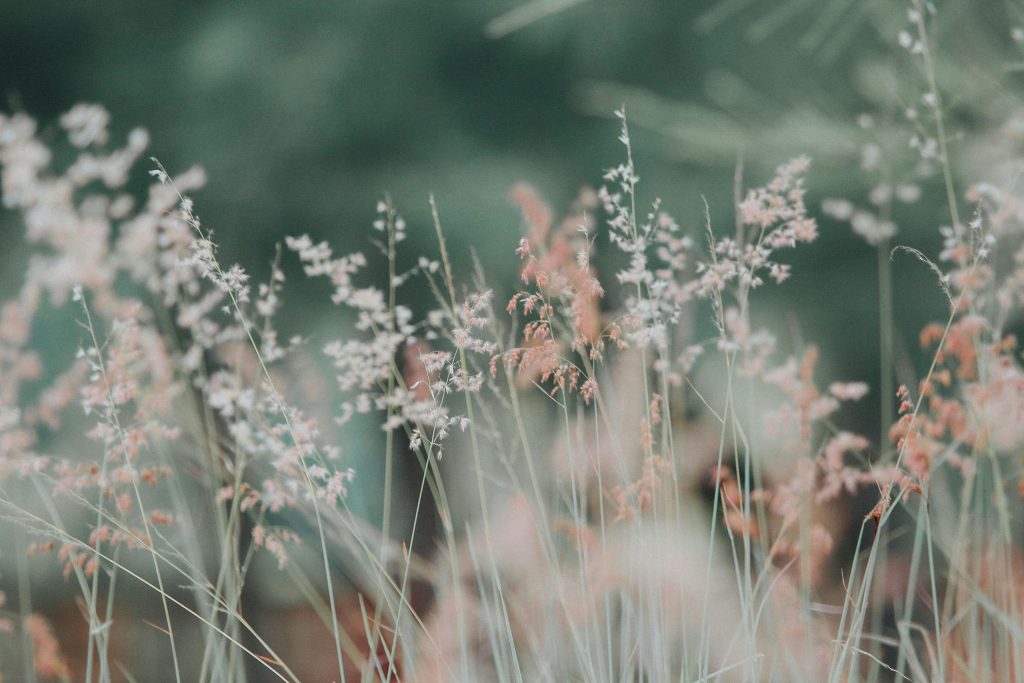In an era marked by growing environmental awareness and concern, the floral industry is undergoing a transformation towards sustainability. Sustainable flowers, grown and sourced with minimal environmental impact and social responsibility, are becoming increasingly popular among eco-conscious consumers. By choosing sustainable flowers, individuals can support environmentally friendly practices while enjoying the beauty and fragrance of fresh blooms. In this article, we’ll explore the concept of sustainable flowers and encourage readers to join the movement towards eco-friendly floral choices.

- Understanding Sustainable Flowers: Sustainable flowers are cultivated and harvested using practices that minimize harm to the environment, conserve natural resources, and promote social equity and economic viability. Unlike conventional flower production, which often relies on intensive chemical inputs, large-scale monoculture farming, and exploitative labor practices, sustainable flower farming prioritizes biodiversity, soil health, water conservation, and fair labor standards.
- Benefits of Choosing Sustainable Flowers: Opting for sustainable flowers offers numerous benefits for both consumers and the environment. By supporting sustainable flower growers, consumers can contribute to the preservation of biodiversity, protection of ecosystems, and reduction of carbon emissions associated with conventional agriculture. Additionally, sustainable flower farming promotes ethical labor practices, fair wages, and community development in flower-growing regions, fostering social equity and economic resilience.
- Characteristics of Sustainable Flower Farms: Sustainable flower farms adhere to certain principles and practices that distinguish them from conventional flower operations. These may include organic or low-input farming methods, integrated pest management, water-efficient irrigation techniques, use of renewable energy sources, habitat restoration, and waste reduction and recycling initiatives. Many sustainable flower farms also prioritize local sourcing and seasonality, reducing the carbon footprint of flower transportation and distribution.
- Supporting Sustainable Flower Growers: As consumers, individuals have the power to drive positive change in the floral industry by choosing sustainably grown flowers and supporting ethical and transparent supply chains. When purchasing flowers, look for certifications such as Certified Organic, Fair Trade, or Veriflora, which indicate adherence to rigorous sustainability standards. Additionally, consider buying flowers from local farmers’ markets, florists, or direct-to-consumer online platforms that prioritize sustainability and transparency in their sourcing practices.
- Joining the Movement: Joining the sustainable flowers movement is easy and rewarding. Start by educating yourself about sustainable flower farming practices and the environmental and social impacts of conventional flower production. Then, make informed choices when purchasing flowers for special occasions, home decor, or gifts, opting for sustainably grown varieties whenever possible. Spread awareness about the importance of sustainable flowers and encourage friends, family, and community members to join the movement.



